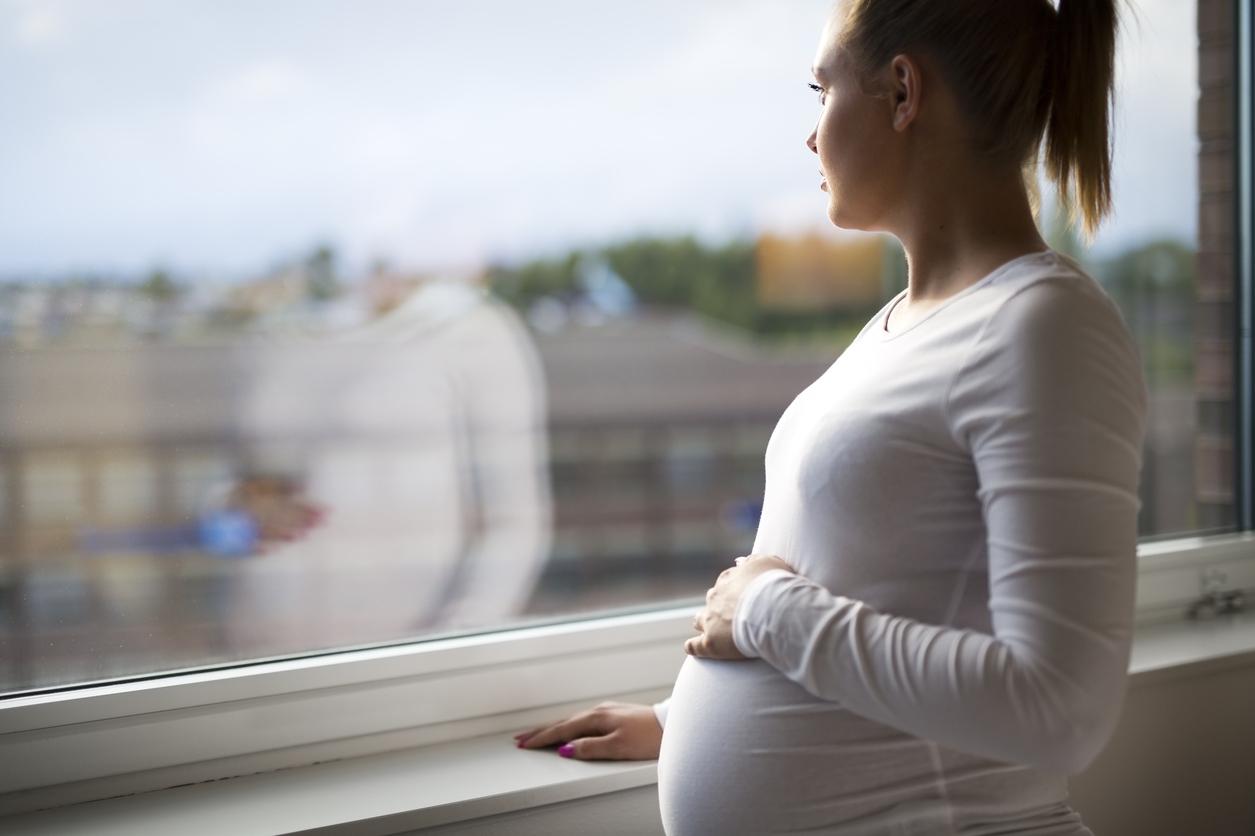Antidepressant use in pregnancy can affect babies’ brain development, finds study
Abnormalities observed in the brain’s emotional processing centres ‘may be associated with anxiety and depression’ later in a child’s life

Mothers using antidepressants during pregnancy may cause anxiety disorders in their children later in life because the drugs can interfere with the normal development of the foetal brain, a study has found.
US doctors have called for more research on the long-term impact of selective serotonin reuptake inhibitors (SSRIs) after finding babies exposed to the drugs in the womb developed differently.
The widely used antidepressants are a key tool in treating depression and are becoming more common in pregnancy as they can help prevent maternal suicides – the leading cause of death among women in their first year after giving birth.
But using advanced MRI techniques the researchers found two parts of the brain, the right amygdala and right insula, were larger and more connected in newborns whose mothers were given SSRIs than those whose mothers had untreated depression, or who were depression free.
These changes are important, the authors say in a paper published today in the JAMA Neurology journal, because “abnormalities in the amygdala-insula circuitry may be associated with anxiety and depression”.
The team, led by doctors at the Department of Psychiatry at Columbia University Medical Centre, New York, scanned 98 infants for the research.
Sixteen of the babies had mothers whose depression had been treated with SSRIs during their pregnancy, 21 infants had mothers with untreated depression and the remaining 61 had mothers with no history of depression.
They conclude that the differences in brain size and connectivity between the SSRI group and the other two are most likely to be caused by the drugs disrupting the levels of the chemical serotonin at key parts of the brain’s development.
Serotonin is a major neurotransmitter which sends messages between nerve cells in the brain and other parts of the body, and plays a major role in mood, the sleep-wake cycle and constricting of muscles in the gut.
Studies have shown SSRI use becoming more common in treating maternal depression, rising in one US treatment area from 5.7 per cent of pregnancies in 1999 to 13.4 per cent in 2003, but there is limited understanding of their effects.
The authors conclude that because untreated depression “poses risks to both the infant and mother” the decision on when and how long to use them is a “clinical dilemma” for psychiatrists.
While they were able to show brain changes the authors say future studies should look at any increased risk of depressive, cognitive or movement abnormalities later in life for these infants – as this information could help resolve the treatment dilemma.
Independent academics said the findings were the first to show such a link and warranted further investigation; however, they said there were other limitations to the study that could also contribute to these changes.
Andrew Whitelaw, emeritus professor of neonatal medicine at the University of Bristol said differences in the socioeconomic backgrounds of the mothers was significant in the study.
The majority (75 per cent) of those receiving SSRIs were white, well educated and well off, while 61 per cent of the non-SSRI depressed group were earning less than $25,000 (£17,700) a year and only 14 per cent were white: differences which could impact upon the other stresses the children faced during pregnancy and in later childhood.
But, he added: “The current findings are original and build on previous research in Finland showing that SSRI-treated mothers have children with an increase in depression in adolescence.
“Wisely, the authors do not conclude that SSRI treatment should be avoided in pregnancy. Untreated depression in pregnancy has serious risks for mother and baby and psychiatrists have the difficult task of identifying the pregnant women where SSRI treatment is the least risky decision.”
Join our commenting forum
Join thought-provoking conversations, follow other Independent readers and see their replies
Comments
Bookmark popover
Removed from bookmarks